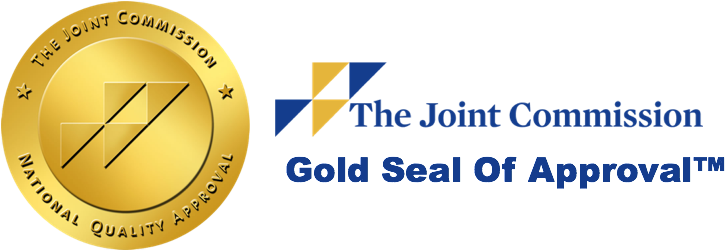A dual diagnosis is when someone is diagnosed with co-occurring conditions that involve both substance abuse and a mental health disorder. When an individual faces a dual diagnosis, both sides must be treated simultaneously for the recovery process to work.
What Is a Dual Diagnosis?
As mentioned, a dual diagnosis is when two conditions — mental health and substance use disorder (SUD) — exist simultaneously. Some examples include the following:
Substance Abuse
When someone is diagnosed with substance abuse issues, they have developed a dependence on some type of illicit substance. These can include:
- Alcohol
- Cocaine
- Heroin
- Methamphetamines
- Hallucinogens
These are only a few of the possible substances. It is also important to remember that there could be multiple substances involved, and the substance abuse could be at a variety of levels.
Mental Health
A person who enters a recovery program with a mental health disorder may present with one of the following:
- Anxiety disorder
- Depression
- Post-traumatic stress disorder (PTSD)
- Bipolar disorder
These are only a few of the possible mental health issues. Regardless of an individual’s mental health issue, a dual diagnosis situation will have an effect on their addiction issues.
Early Detection
Recovery centers often lament the fact that people come to them late in their substance abuse process. That is why medical professionals are happy to treat people as early as possible. When teens and young adults enter a program, they save themselves years of pain and discomfort.
These individuals are also trusting themselves in the hands of people they do not know. This a far bigger step than they may be aware of. When trust is established in treatment, it will be even easier to learn and accept trust going forward. For a teen dual diagnosis, this trust will be critical in treatment and ultimate recovery.
Perhaps the best reason to learn of a dual diagnosis early is that it leads to peace of mind. The idea of having been diagnosed earlier is very appealing for anyone who has lived with an undiagnosed dual diagnosis. This is especially true for people going through their formative teens. It is a time of life that plays a formative role in how people will go on to live their lives.
Teen Dual Diagnosis Treatment
When a young person enters a treatment program and is given a dual diagnosis, the treatment process may be a bit different than others.
Benefits of Group Therapy
When beginning therapy, teens will be placed in a group therapy program with individuals that are approximately their own age and with similar issues. This will allow them to find meaningful connections and establish trust.
Group therapy is often the first step because it helps individuals feel the most comfortable. Without this initial comfort and connection, it can be difficult to establish a baseline for the various forms of treatment to come.
Benefits of Individual Therapy
Individual therapy pairs individuals with a medical professional who will help them create a plan of action. The ultimate goal is to show teens that although they may share a condition with others, they are individuals with their own specific needs.
Young people want to be part of a group but also want to know that they are being seen and heard. Individual therapy is designed to remind them that not only are their problems and concerns valid but that they are not easily solvable. Though group therapy may end after treatment, individual therapy will continue and be an important piece of the recovery process.
Overall, a program that is designed for young people will have more beneficial effects than one created to be a catch-all for everyone that comes through the door. Different groups require different types of assistance. Teens and young adults are a perfect example and should be treated as such.
Dual Diagnosis at The Phoenix Recovery Center
At The Phoenix Recovery Center, we are proud to offer a new state-of-the-art facility that caters to all manner of substance abuse and mental health diagnosis. Our substance abuse program for teens and young adults is unmatched.
In many cases, loved ones are involved in the recovery process, but it is even more important with young adults. The goal of any program is to help people with early detection, especially when it comes to dual diagnosis. Our highly-trained medical staff knows their job starts before a client even enters our facility. In fact, our programs have been created and developed in such a way that our intake and evaluation process is ready to go as soon as you arrive.
The Phoenix Recovery Center is at the forefront of substance abuse treatment. This includes the process of dual diagnosis. People come to us not just for help with substance abuse but for our ability to see them as individuals who deserve answers and advice on how to proceed toward becoming their best selves. To learn more about our program, call The Phoenix Recovery Center at (801) 438-3185.







